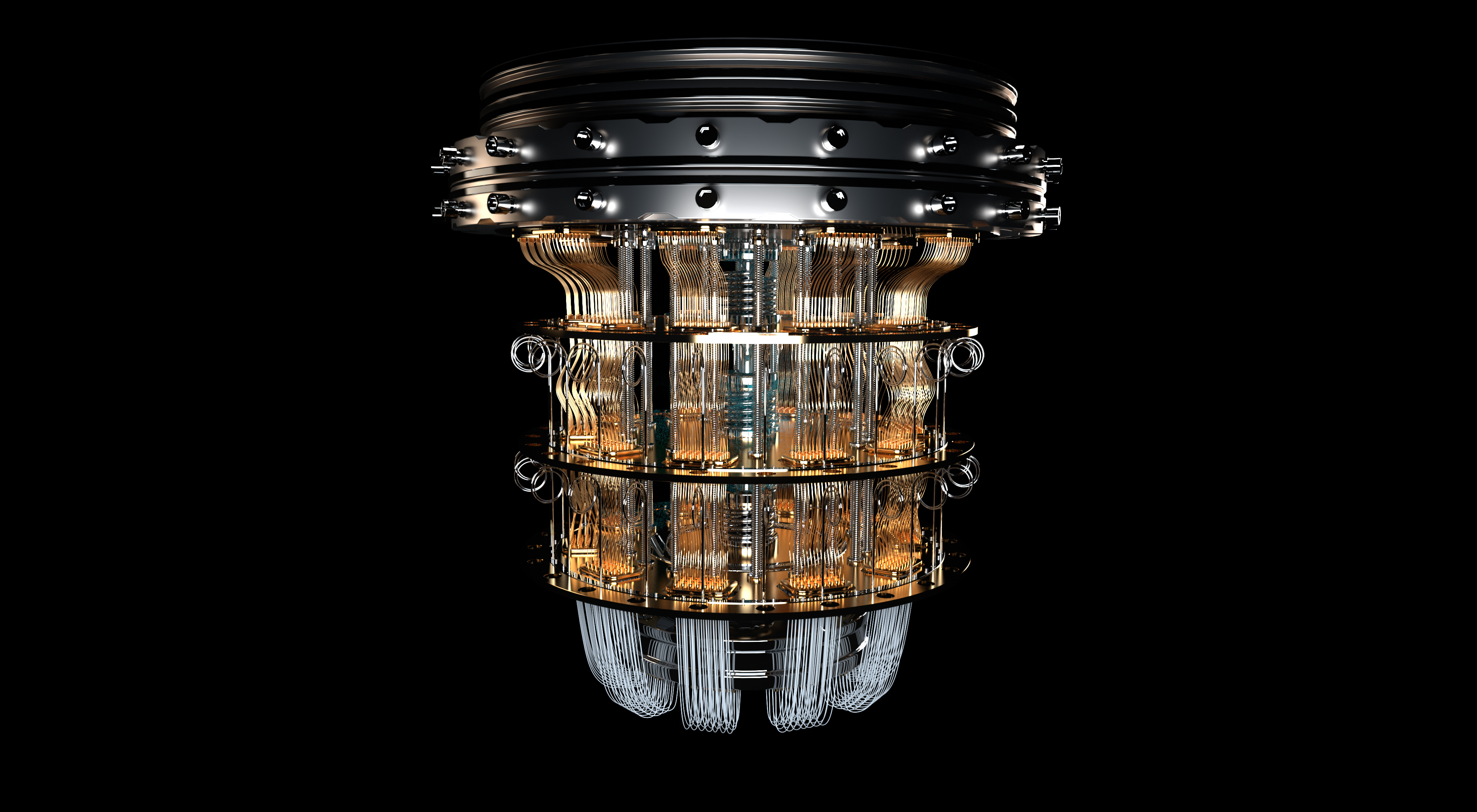
They say the future arrives like a thief in the night, or perhaps, more accurately, as a bewildering equation scribbled on a napkin. Quantum computing, that shimmering chimera of technological promise, is supposedly poised to rewrite reality. The implications for artificial intelligence, currently lumbering along on the back of rather pedestrian silicon, are… well, let’s simply say considerable. We’ve grown accustomed to impressive parlor tricks from these AI constructs, but compared to the potential unleashed by true quantum processing, these demonstrations appear rather like a trained bear performing arithmetic.
Identifying a worthy vessel in this nascent field is akin to selecting a winning horse in a race populated entirely by unicorns. Fortunes will be made, and more likely, dissipated into the ether. However, one name keeps whispering through the corridors of research – a name burdened, as all promising ventures are, with the weight of expectation and the ever-present threat of oblivion: IonQ (IONQ). A pure-play, they call it. A rather dramatic designation, suggesting a company with nothing to fall back on but the unfathomable complexities of the quantum realm. A gambler’s paradise, surely.
The Trapped-Ion Gambit
The quantum arms race is, predictably, a crowded affair. But IonQ has chosen a peculiar lane, one less travelled: the ‘trapped-ion’ approach. The majority, it seems, are seduced by the siren song of superconductivity, a method requiring temperatures so close to absolute zero that merely contemplating it induces a shiver. A rather expensive indulgence, wouldn’t you agree? IonQ, with a certain defiant practicality, prefers to operate at a more…temperate climate. Room temperature, in fact. A bold move, potentially revolutionary, and certainly less likely to bankrupt one on cryogenic costs alone.
They have secured the favor of the U.S. Air Force Research Lab, an institution that understands the allure – and the potential utility – of tinkering with the fundamental laws of physics. The Lab doesn’t simply fund dreaming; it expects results. A crucial distinction, and one that anchors IonQ to the demonstrable, as opposed to the purely theoretical. One might suspect, were one inclined to conspiratorial musings, that the Air Force isn’t particularly concerned with the philosophical implications of quantum entanglement, only with its tactical advantages.
But the real advantage, they claim, lies in the architecture. While their superconducting brethren arrange qubits in neat, grid-like formations – striving for coherence through proximity – IonQ allows each qubit to commune freely with every other. A sort of quantum salon, fostering a lively exchange of information. This, they believe, leads to a fidelity that leaves the competition trailing in the wake. A rather extravagant claim, of course, and one that will be rigorously tested by the merciless laws of the market.
The Market’s Predilection for the Impossible
We’ve become accustomed to thinking in bits – 0 or 1, a rather binary existence. Qubits, however, embrace ambiguity. They exist as probabilities, shimmering possibilities residing between defined states. It’s a rather unsettling concept for those of us accustomed to certainty, a subtle undermining of our comfortable illusions. This inherent indeterminacy, strangely enough, is the source of quantum computing’s power. It allows for calculations beyond the reach of even the most powerful conventional machines, offering the promise of breakthroughs in fields as diverse as drug discovery, weather prediction, and – inevitably – the refinement of artificial minds.
However, this ethereal nature comes at a price: error. Qubits, prone to fits of quantum pique, introduce inaccuracies into calculations. The best approach, it is thought, is to allow them to interact, to share their uncertainties. IonQ’s ‘all-to-all’ connectivity aims to minimize these errors, to coax order from the chaos. Whether this approach will indeed prevail remains to be seen. The quantum world is a capricious mistress, and frequently rewards audacity with unpredictable consequences.
IonQ estimates a potential market of $87 billion by 2035. A figure that, frankly, feels plucked from the ether. But then again, what is the market if not a collective delusion, fueled by hope and occasionally, reason? It is a gamble, certainly. A small position, therefore, is perhaps advisable. Enough to participate in the potential upside, yet not enough to cause undue distress should IonQ succumb to the inevitable gravitational pull of failure. For in this realm of quantum possibilities, even the most carefully constructed foundations can vanish into nothingness. A sobering thought, wouldn’t you agree? As a wise man once stated, hope for the best, prepare for the worst, and always, *always* have an escape plan.
🧐
Read More
- 2025 Crypto Wallets: Secure, Smart, and Surprisingly Simple!
- Gold Rate Forecast
- Brown Dust 2 Mirror Wars (PvP) Tier List – July 2025
- Banks & Shadows: A 2026 Outlook
- ETH PREDICTION. ETH cryptocurrency
- The 10 Most Beautiful Women in the World for 2026, According to the Golden Ratio
- HSR 3.7 story ending explained: What happened to the Chrysos Heirs?
- 9 Video Games That Reshaped Our Moral Lens
- Gay Actors Who Are Notoriously Private About Their Lives
- Uncovering Hidden Groups: A New Approach to Social Network Analysis
2025-08-04 13:05